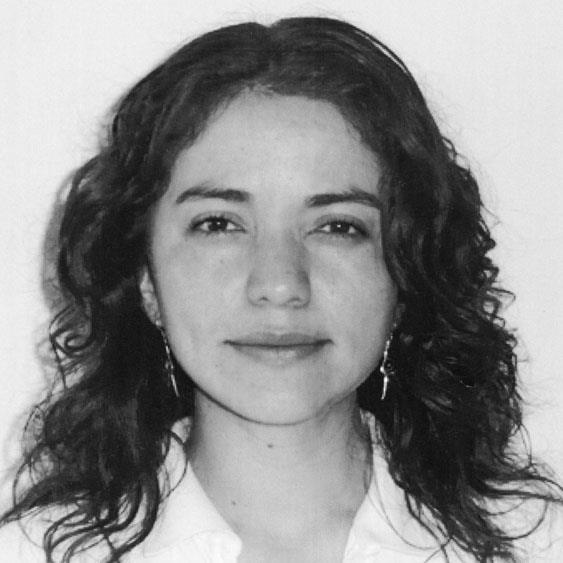Paula Licona Limon

- Title
- Investigator
- Department
- Cell and Developmental Biology
- Institution
- National Autonomous University of Mexico
- Address
- Instituto de Fisiologia Celular, Exterior s/n, 04510
- City, ZIP
- Mexico City, 04510
- Country
- Mexico
- [email protected]
- Website
- http://www.ifc.unam.mx/investigadores/paula-licona

- Research field
- Immunology
- Award year
- 2008
- Country of origin
- Mexico
- Mentor name
- Richard A. Flavell, Ph.D.
Research
All organisms are constantly exposed to potentially harmful agents and have developed defense mechanisms in order to control them. Such mechanisms are evolutionarily conserved and represent the basis of the immune system. In the laboratory, we are interested in understanding at the molecular and cellular level the immune response in homeostasis and in bacterial, parasitic, and viral infections, cancer, and autoimmunity using mouse models, including transgenic, reporter, and deficient lines (conditional or total). Type 2 responses induced during helminth infections and allergies are controlled by a variety of cytokines including IL-4, IL-5, IL-9 and IL-13. Despite certain redundancy, particular cell targets have been identified for these cytokines in vivo however, most of the work done in Type 2 immunity has focused on IL-4 and more recently IL-13 while the role of Il-5 and IL-9 has been largely overlooked. My research interests are focused on the immunopathogenesis of Type 2 immune responses, with a particular emphasis on the molecular and cellular responses controlled by Interleukin 9 (IL-9) during helminth infections and chronic inflammatory disorders such as asthma. Previous studies, from our group, using transgenic mice that constitutively express IL-9 selectively in lung epithelial cells supported an important role for IL-9 in the pathogenesis of asthma. To definitively determine the IL-9 cellular sources and its targets in vivo we generated an IL-9 reporter knock-in mice. We also generated an IL-9 deficient mice in pure BALBc background to study the role of this cytokine in a strain prone to develop Th2 responses in vivo. A better understanding of IL-9 biology and physiology will be key to the development of alternative therapeutic strategies for more effective treatments controlled by IL-9 such as allergic asthma and nematode infections.